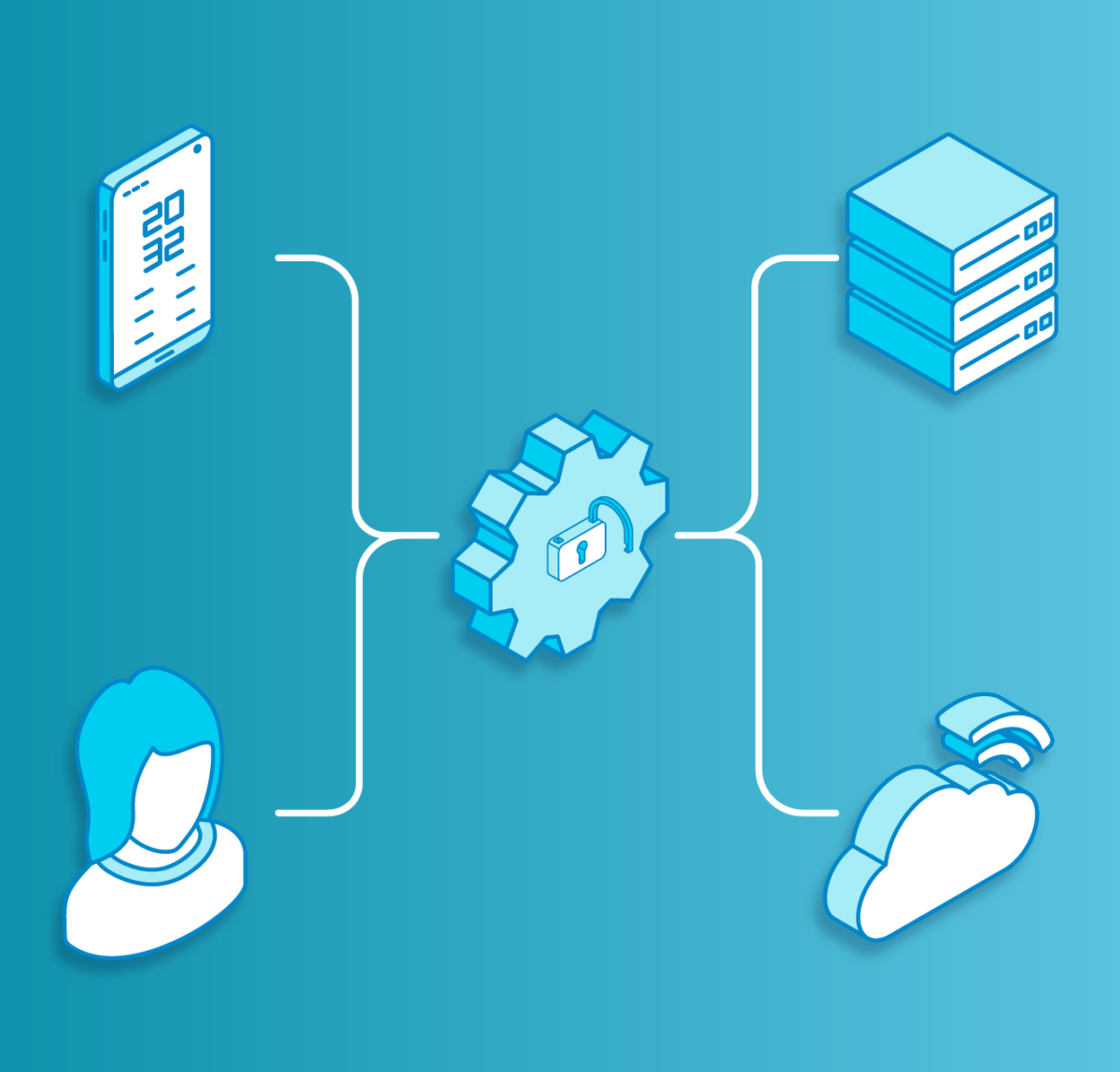Things to Consider When Defending Against a Rogue API

Application programming interfaces (APIs) are a crucial aspect of most businesses. Its responsibility involves the transfer of information between systems within an organization or to external companies. Unfortunately, a rogue API can expose sensitive data and the organization’s internal infrastructure to misuse.
A security breach could result in the leaking of sensitive customer data such as PHI or financial data. This article will give an overview of the vulnerabilities of APIs that hackers take advantage of and how best to secure them.
What is a Rogue API?
A rogue API is an API which lacks approval or authorization by a company to provide access to its data. Instead, they get created by third-party developers who access the company’s data through a back door.
Rogue developers often do not use the same security protocols abide by the same data privacy laws as the company. Several effects of these Rogue API activities include:
- The collection of sensitive data from a business without permission, such as customer information, financial data, or proprietary information
- The deletion or modification of stored data on a system.
- The corruption of important files or rendering them inaccessible.
- Using a rogue API allows the bypass security controls on a site.
- A damaged reputation due to financial losses.
The Importance of API Security
Access to APIs occur through public networks from any location. This makes them easily accessible to attackers and simple to reverse-engineer.
APIs functions are central to microservices architectures. They help to build client-side applications that focus on customers, employees, partners, and more. The client-side application, like a web or a mobile application, interacts with the server side via the API. Invariably, they become a natural target for cybercriminals and are very sensitive to Denial of Service (DoS) attacks.
Consequently, implementing and maintaining API security (although an exhaustive process) becomes a critical necessity. Moreover, API security practices should cover access control policies and the identification and remediation of attacks on APIs. The best way to protect data is to ensure that only approved APIs access a company’s sensitive data.
Effective Strategies to Reduce Rogue API Vulnerabilities
Here are some steps organizations can take to protect against a rogue API:
- Use a network security solution that detects and blocks API threats.
- Grant access to sensitive data only to those who need it.
- Conduct constant API activity monitoring for suspicious or unauthorized activity.
- Promptly blocking suspicious IP addresses.
- Keep all data secure by using trusted third-party services.
Best API Security Practices Against Rogue API
Get Educated on all Security Risks
Developers need in-depth knowledge of cyber criminals’ latest techniques to penetrate a system. One strategy is to get information from trusted online sources like newsletters, malware security blogs, and security news portals.
By being up-to-date with the latest hacking trends, developers can configure their APIs and ensure they thwart the latest attacks.
Authenticate & Authorize
Businesses need to carefully control access to their API resources. First, they must carefully and comprehensively identify all related devices and users. An effective strategy involves the use of a client-side application. It has to include a token in the API call so that the service can validate the client easily.
Furthermore, standard web tokens can be used to authenticate API traffic and to define access control rules. Businesses can also use grant types to determine which users, groups, and roles need access to specific API resources. For example, a user that only needs to read a blog or post a comment should only receive permission that reflects this.
Encrypt Your Data
All data requires appropriate encryption so that only authorized users can modify and decrypt the data.
It helps to protect sensitive data and enhance the security of communication between client apps and servers. The beauty is that encrypted data prevents unauthorized entities from reading them even with gained access.
Validate the Data
Most businesses rely only on the cleansing and validation of API data from external partners. Therefore, companies must implement data cleaning and validation routines to prevent standard injection flaws and attacks.
The use of debugging tools helps to examine the API’s data flow as well as track errors and anomalies.
Identify API Vulnerabilities
One important API security best practice is to perform a risk assessment. However, you must first know the faucets of your network remain vulnerable to risk .
Overall vulnerability can be difficult pinpoint because software organizations constantly use thousands of APIs simultaneously. To succeed with API security, establish measures that eliminate vulnerabilities to mitigate risk and meet security policies.
Furthermore, the discovery of vulnerabilities requires businesses to conduct rigorous testing. A great place to begin is at the initial phase of development. After that, it becomes easy to rectify them quickly.
Limit the Sharing of Confidential Information
Sharing only necessary information is a great management best practice, which is why a client application comes in handy. It filters relevant information from the entire data record present in API responses.
A developer should remember to remove sensitive information like passwords and keys before making the API publicly available. This prevents attackers from gaining access to sensitive data or entry to the application and the core of the API.
However, releasing only relevant information is a form of lazy programming. Other consequences include slowing response times and providing hackers with more information about the API access resources.
Final Thoughts on Rogue API Defense
API gateways focus on managing and controlling API traffic. Utilizing a strong API gateway minimizes security. Additionally, a solid API gateway would let organizations validate traffic and analyze and control how the API gets utilized.
Try Portnox Cloud for Free Today
Gain access to all of Portnox's powerful zero trust access control free capabilities for 30 days!








